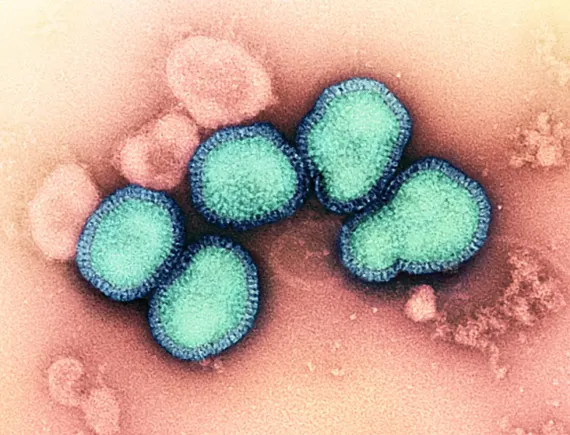
George Medicines’ recently-approved high blood pressure therapy Widaplik could offer a desperately needed new treatment for patients with intracerebral haemorrhage (ICH), the most severe form of stroke.
An investigator-led study reported this week at the World Stroke Congress in Barcelona has shown that Widaplik (also known as GMRx2), a single-tablet combination comprising low doses of three well-established antihypertensive medicines (telmisartan, amlodipine, and indapamide), was able to reduce the risk of another stroke in people with a history of ICH compared to placebo.
It’s an important result, as while there have been improvements in acute ischaemic stroke treatment caused by blood clots – with thrombolytic therapies, antiplatelet drugs, and surgical interventions improving outcomes – there has been little improvement in ICH where mortality rates are higher.
Acute ICH accounts for at least 10% of the 20 million new strokes in the world each year, and survivors are at high risk of recurrent stroke and other serious cardiovascular events. While it is well established that reducing blood pressure can help reduce the risk of a subsequent stroke, studies suggest many patients are undertreated or do not get antihypertensive treatment at all.
At 12 months’ follow-up in TRIDENT, the risk of a recurrent stroke was 39% lower with George’s triple pill, which was titrated to a dose that could deliver “aggressive” blood pressure reduction, according to lead investigator Prof Craig Anderson of the George Institute for Global Health in Australia. The primary endpoint curves started to separate after eight months, he told the WSC.
The treatment also led to nearly 40% reductions in major adverse cardiovascular events (MACE), non-fatal stroke, myocardial infarction, and cardiovascular death, and the drug also showed a good safety profile.
Widaplik was approved in June by the FDA as the first single-pill, triple therapy for hypertension and is due to be launched in the final quarter of this year.
According to London, UK-headquartered George Medicines – which is an independent spin-out company from The George Institute for Global Health – the drug heads a pipeline of medicines that are designed to improve therapy adherence in diseases that require patients to take multiple tablets per day.
The company’s chief executive, Mark Mallon, said the TRIDENT result “represents an important step towards understanding how enhanced blood pressure management has the potential to reduce the risk of recurrent stroke.”
Only around one in five patients treated for hypertension worldwide can manage it effectively with current medicines, and it is well-established that uncontrolled blood pressure raises the risk of serious complications like strokes, dementia, and early death.
After Widaplik, its next pipeline candidate is GMR4, a single-pill triple therapy in development as a first-line treatment for type 2 diabetes.
Photo by Towfiqu barbhuiya on Unsplash










